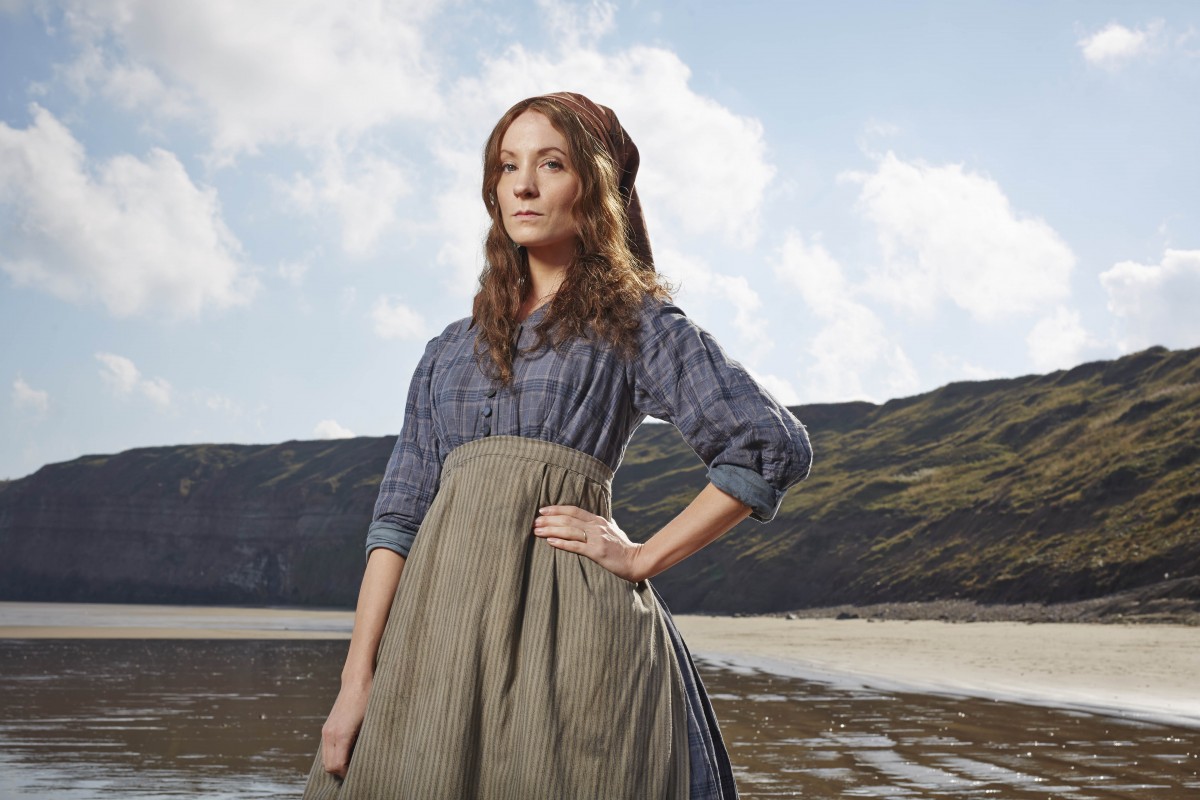This week's top TV: 4 - 10 December
Food: Nigella: at My Table
Monday
8.30pm, BBC2


The trailer, titled The Prequel, features David Attenborough's narration over spectacular scenes of the Earth's oceans and the underwater inhabitants.
The five minute clip teases what is in store for the long-awaited sequel to the 2001 nature series; from slow-motion shots of blue whales soaring out of the ocean, to a glimpse of a bale of turtles occupying an entire beach as they slowly make their way to the sea, to close-ups of the extraordinary creatures on the sea floor.
You can’t just get up one morning and decide to be an explorer.
Well, you can, but you’re not going to get on television with that attitude. You’ve got to jump through lots of hoops to get there and it’s not just a case of how many countries you’ve been to. You don’t have to join the Army to get into TV, but I think it’s good to have some level of expertise or niche knowledge. Once you’re an expert in anything, in any industry, people will come to you. That’s where you want to be.
In a world first, museum-goers will get special hands-on access to rare objects, while a 3D hologram of Attenborough will offer his own insight on each specimen in a one-on-one interactive experience.
He will be transformed into a hologram and will guide participants to virtually hold and handle fossils, bringing the objects to life.
This virtual technology will allow people to hold up, peer inside, tilt and look more closely at the historic objects, which include fossils, bones and skulls from the museum’s world-famous collection.
Like an entire generation of wildlife film-makers, Alastair Fothergill was drawn to television by David Attenborough. His 1979 series, Life on Earth, showed the young Fothergill that natural history programming was “a good way to be paid to be near animals”.
Fothergill, who was recently made a Fellow of the RTS, spent almost three decades at the BBC Natural History Unit (NHU). This included a five-year stint as head of department, when he landed several global hits, including The Blue Planet, Planet Earth and Frozen Planet.
The successor to the award-winning Blue Planet from BBC Studios Natural History Unit follows the huge success of last year's Planet Earth II, also presented by Attenborough.
The seven-part documentary series has been four years in the making, with a team of wildlife filmmakers exploring the hidden depths of the earth's oceans for the return of the unique visual experience.
Sir David Attenborough said he was "truly thrilled to be joining this new exploration of the underwater worlds which cover most of our planet, yet are still its least known.”
He has led the camerawork on many of David Attenborough's landmark nature programmes.
We had a cuppa with him, where we learnt how challenging working with animals can be.
It’s a rare that two thoroughgoing BBC men are seen smiling, let alone laughing, inside the precincts of the House of Commons. When senior BBC people visit Parliament, they are invariably greeted by sceptical MPs, keen to give them a rough time.
The atmosphere could not have been more different when, last month, the RTS invited Andrew Marr and Sir David Attenborough to hold a conversation at the Commons.
During the event, which took place at the House of Commons, Sir David was also presented with an honourary RTS award for his work in television.
